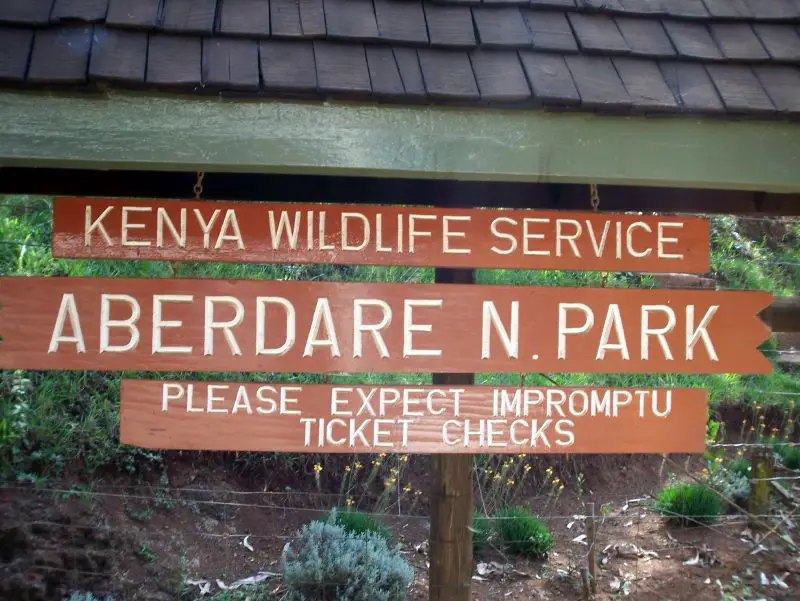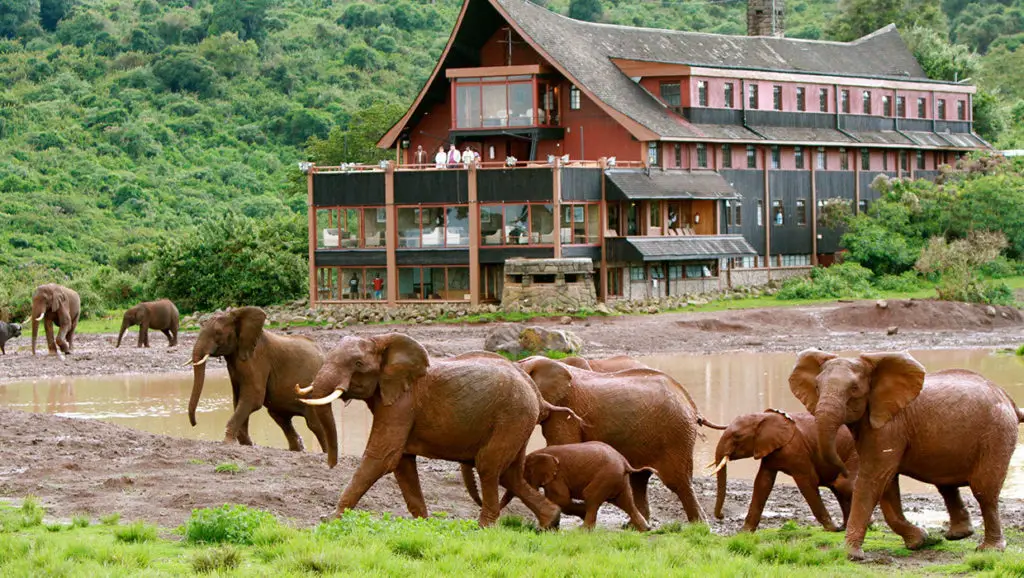Economic activities in Mandera Town, Kenya, are primarily centered around pastoralism, cross-border trade, small-scale agriculture, and a growing service sector.
As the capital of Mandera County, the town serves as a crucial economic hub for the region, despite facing challenges such as harsh climatic conditions, limited infrastructure, and security concerns due to its border location with Ethiopia and Somalia.
What are the main economic activities in Mandera Town?
The primary economic activities in Mandera Town include:
- Nomadic pastoralism
- Cross-border trade
- Small-scale agriculture
- Retail and wholesale commerce
- Public sector employment
- Services (including transportation and hospitality)
- Artisanal mining
- Beekeeping
These activities form the backbone of the local economy and provide livelihoods for the majority of the population.
How significant is pastoralism to Mandera Town’s economy?
Pastoralism is the dominant economic activity in Mandera Town and the surrounding areas:
- It contributes approximately 72% of the total household income
- Main livestock: camels, goats, sheep, and cattle
- Provides both subsistence and commercial income
- Deeply ingrained in the local Somali culture
- Adapts to the arid climate of the region
What role does cross-border trade play in Mandera’s economy?
Cross-border trade is a vital economic activity for Mandera Town:
- Facilitates exchange of goods with Ethiopia and Somalia
- Contributes significantly to local commerce
- Provides employment opportunities
- Brings in essential commodities not produced locally
- Faces challenges due to security concerns and border regulations
How developed is agriculture in Mandera Town?
Agriculture in Mandera Town is limited due to the arid climate but includes:
- Small-scale farming along the Daua River
- Cultivation of drought-resistant crops
- Irrigation-dependent agriculture
- Focus on food crops for local consumption
- Emerging interest in cash crops suitable for the climate
What is the state of the retail and wholesale sector in Mandera Town?
The retail and wholesale sector in Mandera Town is characterized by:
- Small to medium-sized local businesses
- Traditional markets selling local and imported goods
- Shops catering to daily consumer needs
- Limited presence of large retail chains
- Growing importance in the local economy
How does the public sector contribute to Mandera Town’s economy?
The public sector plays a significant role in Mandera Town’s economy:
- Major employer in the town
- Provides essential services (education, healthcare, administration)
- Drives infrastructure development
- Implements government policies and programs
- Attracts professionals from other parts of Kenya
What services are prominent in Mandera Town’s economy?
Key service sectors in Mandera Town include:
- Transportation (local and cross-border)
- Telecommunications
- Financial services (banking, mobile money)
- Hospitality (hotels, restaurants)
- Education and healthcare
- Repair and maintenance services
How significant is artisanal mining in Mandera Town?
Artisanal mining in Mandera Town:
- Contributes to local livelihoods
- Focuses on gemstones and construction materials
- Is small-scale and often informal
- Faces challenges in terms of regulation and sustainability
- Has potential for growth with proper management
What is the role of beekeeping in Mandera’s economy?
Beekeeping in Mandera Town:
- Provides supplementary income for some households
- Produces honey and beeswax for local and external markets
- Is well-suited to the local flora and climate
- Offers potential for expansion and value addition
- Contributes to pollination and biodiversity conservation
How does Mandera Town’s border location impact its economy?
Mandera Town’s border location influences its economy in several ways:
Advantages:
- Facilitates cross-border trade
- Attracts business from neighboring countries
- Creates opportunities for cultural and economic exchange
Challenges:
- Security concerns affect business operations
- Regulatory issues in cross-border transactions
- Vulnerability to regional economic and political changes
What are the main challenges facing economic activities in Mandera Town?
Key challenges to economic activities in Mandera Town include:
- Harsh climatic conditions (drought, heat)
- Limited infrastructure (roads, electricity, water)
- Security concerns due to border location
- Limited access to credit and financial services
- Low literacy rates affecting skilled labor availability
- Environmental degradation and resource depletion
How does the informal sector contribute to Mandera Town’s economy?
The informal sector plays a significant role in Mandera Town’s economy:
- Provides employment for a large portion of the population
- Includes small-scale traders, artisans, and service providers
- Offers flexible economic opportunities
- Faces challenges in terms of regulation and worker protection
- Contributes to the town’s economic resilience
What efforts are being made to diversify Mandera Town’s economy?
Efforts to diversify Mandera Town’s economy include:
- Promotion of agribusiness and value addition to agricultural products
- Development of small and medium enterprises (SMEs)
- Encouragement of renewable energy projects
- Exploration of tourism potential
- Investment in education and skills training
- Improvement of infrastructure to attract investment
How does Mandera Town’s economy compare to other Kenyan towns?
A comparison of Mandera Town’s economy to other Kenyan towns:
| Aspect | Mandera Town | Average Kenyan Town |
|---|---|---|
| Main Economic Activity | Pastoralism | Varied (agriculture, industry, services) |
| Formal Employment | Limited | More prevalent |
| Infrastructure | Underdeveloped | Better developed |
| Economic Diversity | Low | Higher |
| Cross-border Trade | Significant | Less significant (except border towns) |
| Agricultural Potential | Limited (arid climate) | Often higher |
What is the state of entrepreneurship in Mandera Town?
Entrepreneurship in Mandera Town is characterized by:
- Dominance of small-scale, family-owned businesses
- Focus on trade and basic services
- Limited access to capital and business development services
- Growing interest in innovative solutions to local challenges
- Potential for growth with proper support and training
How does the livestock market contribute to Mandera Town’s economy?
The livestock market is a crucial component of Mandera Town’s economy:
- Serves as a central trading point for pastoralists
- Attracts buyers from other parts of Kenya and neighboring countries
- Contributes to local tax revenues
- Supports related businesses (animal health services, feed suppliers)
- Faces challenges related to climate variability and market access
What role do remittances play in Mandera Town’s economy?
Remittances contribute to Mandera Town’s economy through:
- Supplementing household incomes
- Providing capital for small business start-ups
- Supporting education and healthcare expenses
- Increasing local purchasing power
- Offering a buffer against economic shocks
How does the transportation sector support Mandera Town’s economy?
The transportation sector in Mandera Town:
- Facilitates movement of goods and people
- Provides employment (drivers, mechanics, etc.)
- Supports cross-border trade
- Faces challenges due to poor road infrastructure
- Includes both motorized and traditional (camel, donkey) transport
What is the potential for renewable energy development in Mandera Town?
Renewable energy potential in Mandera Town includes:
- Solar energy (abundant sunshine)
- Wind power (in suitable areas)
- Biogas from livestock waste
- Small-scale hydropower along the Daua River
- Potential to address energy access challenges and create jobs
How does the education sector contribute to Mandera Town’s economy?
The education sector’s contribution to Mandera Town’s economy includes:
- Employment of teachers and support staff
- Development of human capital for local economic growth
- Attraction of students and educators from surrounding areas
- Potential for educational tourism and conferences
- Challenges in retention of qualified personnel
What is the role of NGOs and international organizations in Mandera’s economy?
NGOs and international organizations impact Mandera’s economy through:
- Implementation of development projects
- Provision of humanitarian assistance
- Creation of employment opportunities
- Capacity building and skills training
- Attraction of external funding and resources
In conclusion, the economic activities in Mandera Town, Kenya, are diverse but primarily centered around pastoralism, cross-border trade, and small-scale agriculture. The town’s unique border location presents both opportunities and challenges for economic development.
While facing significant obstacles such as harsh climate, limited infrastructure, and security concerns, Mandera Town shows potential for economic growth and diversification. Efforts to address challenges and leverage local resources could lead to a more robust and resilient economy in the future.
The key to Mandera’s economic development lies in balancing traditional economic activities with new opportunities, while addressing infrastructure and human capital needs.



